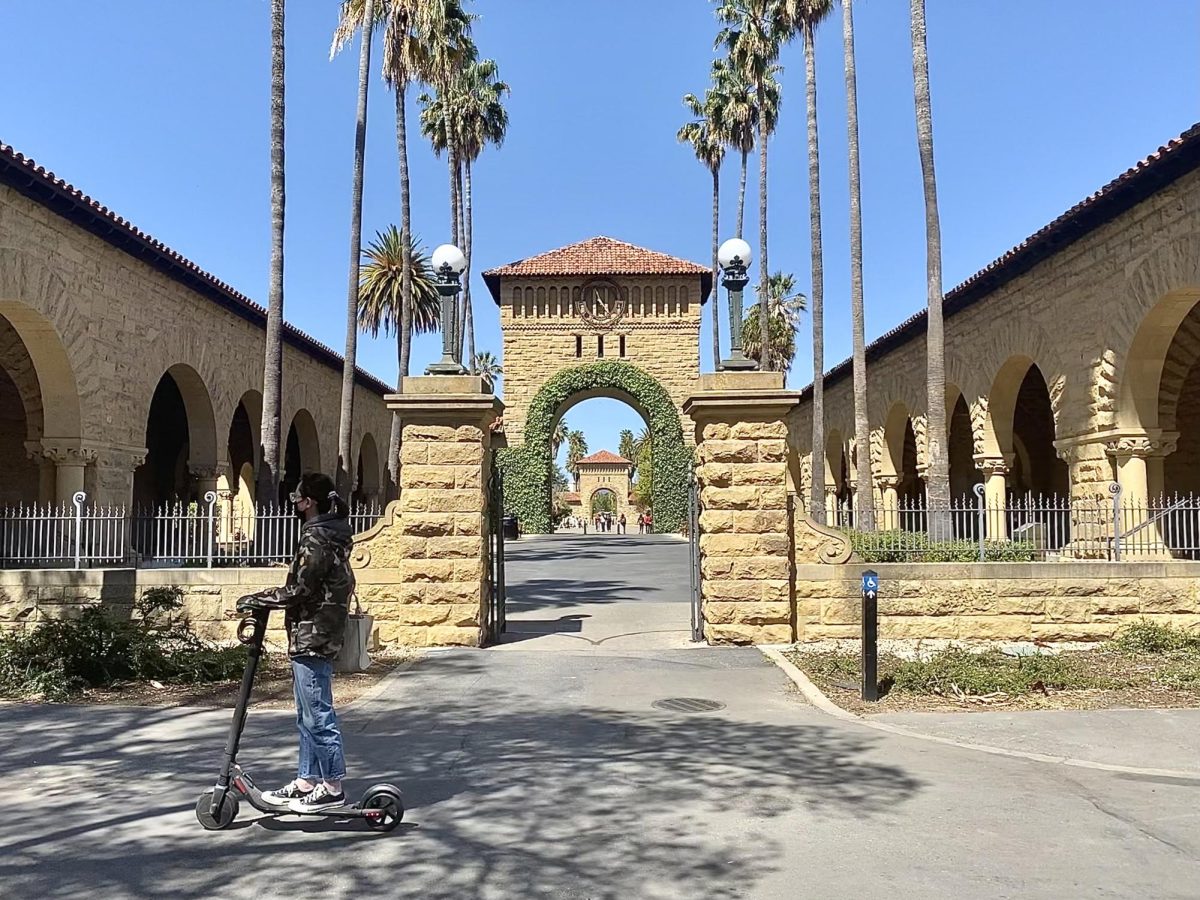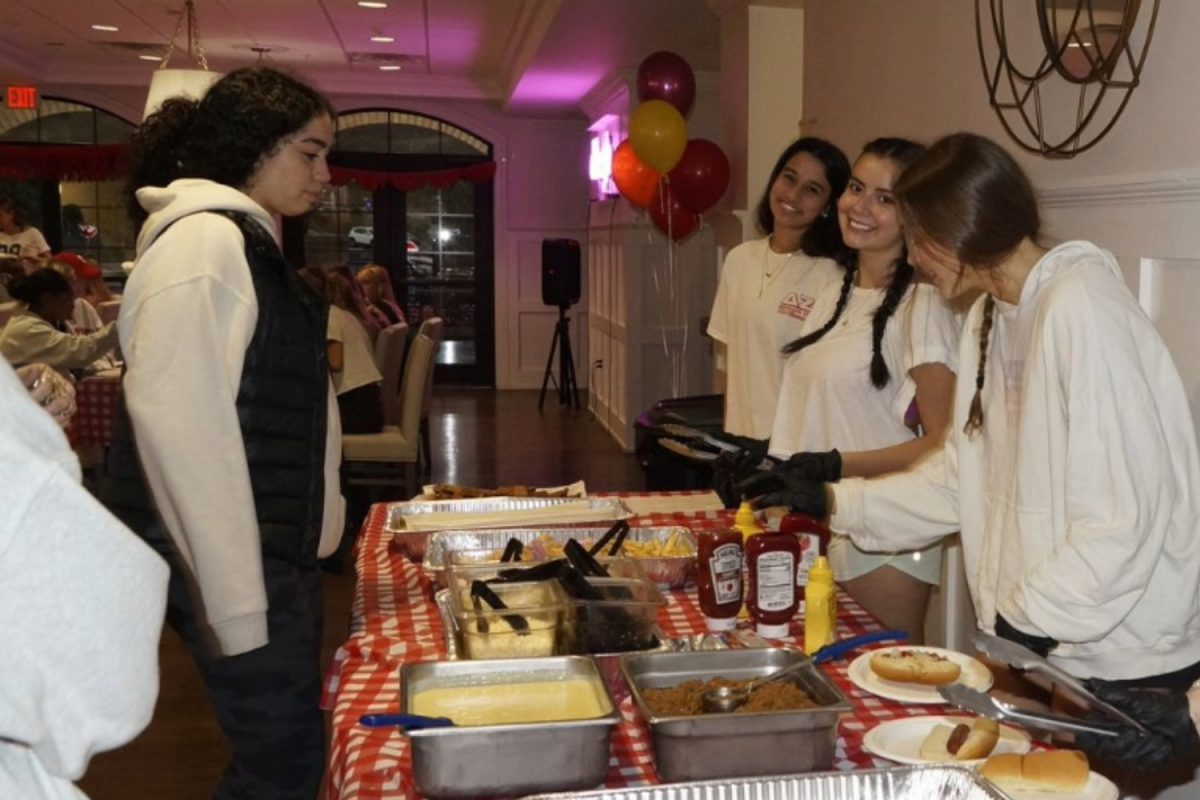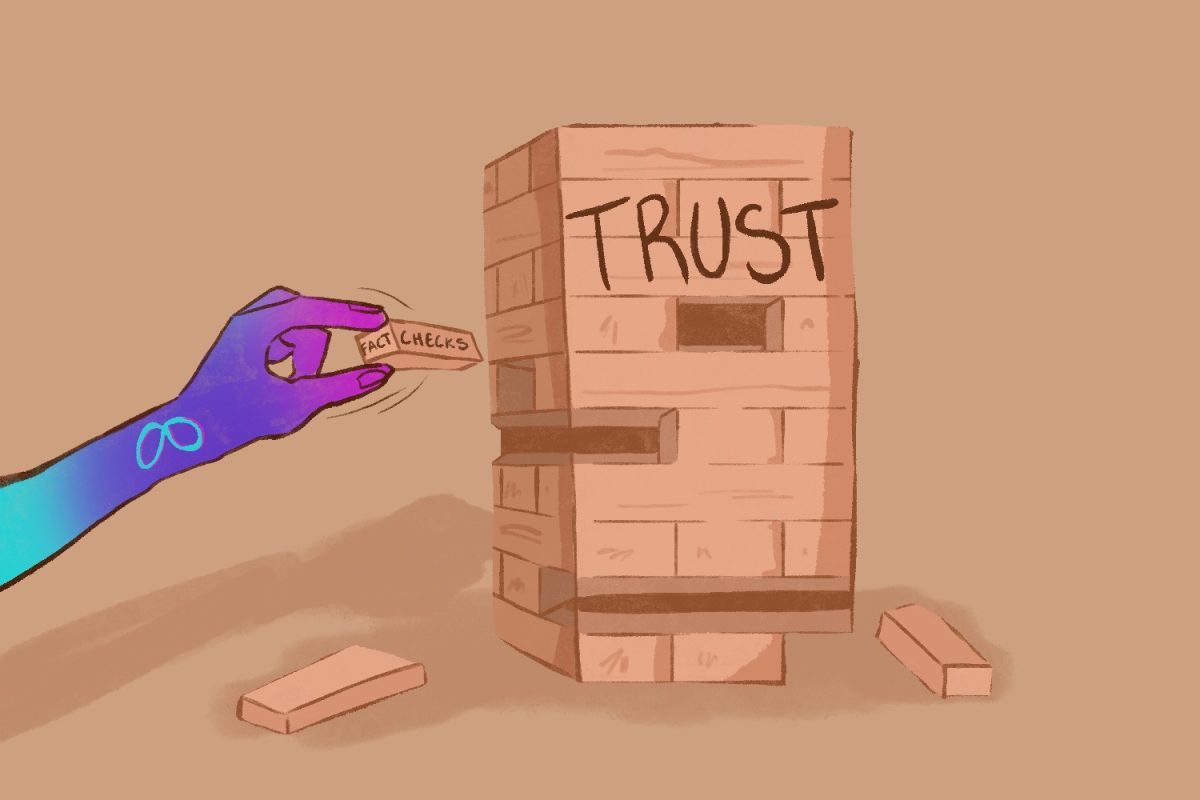Throughout March and April, seniors will receive most of their decisions from the colleges they applied to. Theoretically, everyone should be excited and supportive of each other as we are all ready to embark on a journey for the next four years of our lives, but that usually isn’t always the case.
We’ve all heard the phrases, “How did they even get into that university?” or “Why would they want to go to that school?”
These normalized statements are thrown around when students discuss their peers’ decisions, demonstrating how toxic Carlmont is regarding college applications.
The Bay Area is a breeding ground for competitive high schools – there are high levels of academic competition because many students’ ultimate goals are to go to a “good college.” It’s hard to ignore when the environment is built that way as the Bay Area is famous for top universities like Stanford and UC Berkeley, as well as being the home to large companies like Apple, Google, and Facebook. Having these large institutions right in your background often translates into expectations on students for them to succeed as well. Everyone wants to succeed, but that also turns into student competition. It doesn’t help with easily accessible Instagram bios; people find it easier than ever to compare their results – they don’t even need to talk to that person to know where they’re committing. Social media helps perpetuate the culture of comparison among students. However, it’s not Instagram’s fault that students are utilizing it as a comparison tool, but people’s attitudes toward college.
The pressure to partake in impressive extracurriculars like internships and competitive summer programs already reveals competitive tensions among students. Still, college decisions are truly when these toxic attitudes reveal themselves. Whenever word spreads about someone’s decisions, it is often met negatively– with either jealousy or invalidation.
People are often judgemental when discussing rolling-decision schools or larger state schools. Many close-minded, highly achieving students will ridicule a school someone else wouldn’t mind going to if it’s considered a “party school,” if it has a higher acceptance rate, or if it isn’t highly ranked. It has become normal for students to become pretentious over schools, saying they’d never go to a specific school or taunting others for their choices because they decided that schools don’t meet their standards. Any school is still an educational path, and it’s unfair to equate an acceptance rate or reputation to the intelligence of the population at that university. Just because someone’s dream school differs from yours doesn’t mean it’s unimportant.
On the other hand, it has become normal for people to question why someone else got into a certain school out of jealousy. Seniors are so caught up in the stress that they don’t realize the harm certain statements could bring. Saying someone doesn’t deserve to get into a school because you’re upset they else got in while you didn’t isn’t helping the stereotypes about the Bay Area’s toxic high school atmosphere. These types of statements are thrown around so often that no one blinks an eye, but they are ridiculous when you analyze them. What qualifies you to decide whether someone should get into a school based on your minimal interactions with them?
People should start focusing on themselves, but that’s hard as the comparison is inevitable. However, the least we could do is stop throwing harmful remarks when discussing other people’s decisions and instead try to support our peers. It doesn’t matter if someone is celebrating a school you think you’d be embarrassed to attend. It shouldn’t be you who decides if someone is qualified to get into a school that you want to get into. We should reevaluate how we’re discussing other people’s futures and support whatever road anyone takes.
*This editorial reflects the views of the Scot Scoop Editorial Board and was written by Annabel Chia.
The Editorial Board voted 11 in agreement, 1 somewhat in agreement, and 3 refrained from voting.













